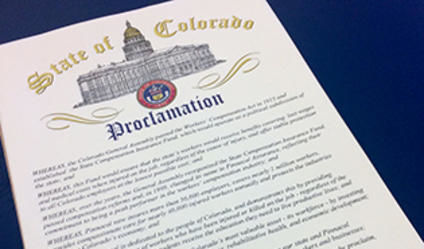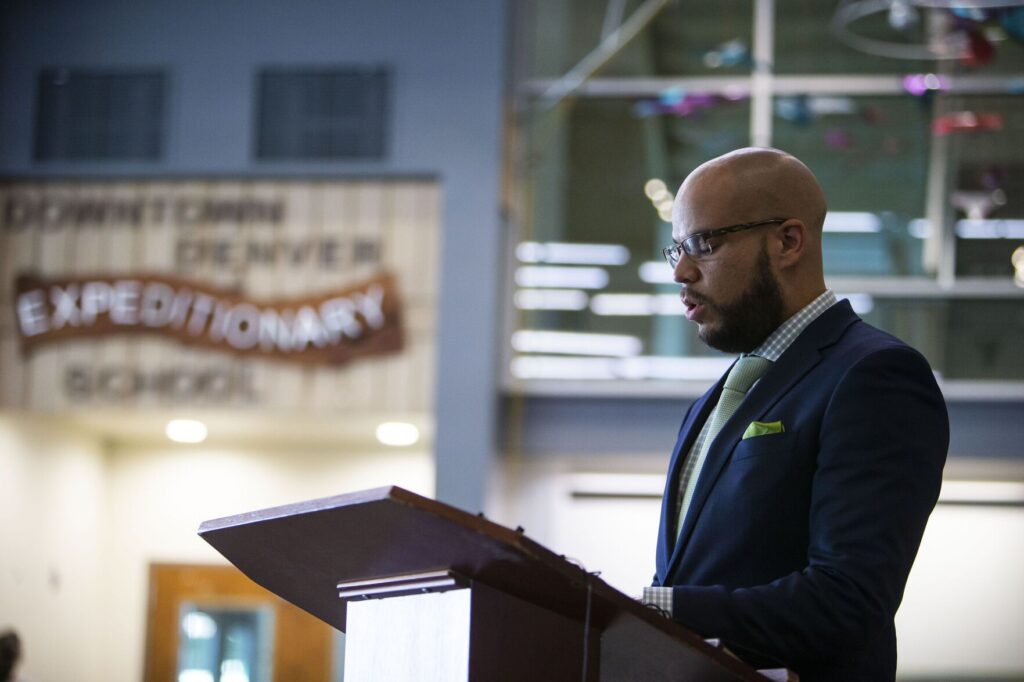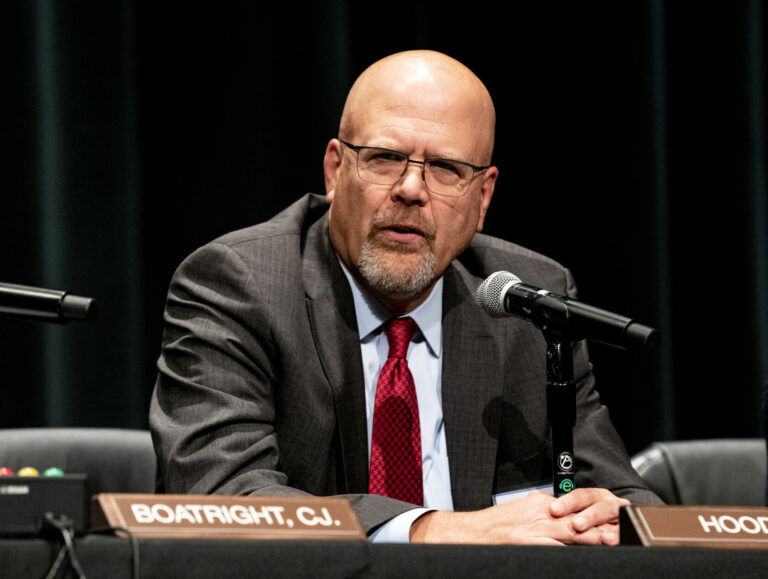Pinnacol celebrates workers comp centennial: A history
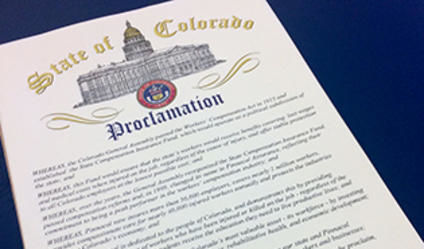
Before last week’s celebration of Colorado’s worker compensation 100 year anniversary, it is doubtful that one in four legislators could have guessed the age of the program. It seems more likely that three out of four would have guessed it was some kind of New Deal legislation from the 1930s or ‘40s. In fact, it was a product of the Progressive movement, first established by Maryland in 1902. President Theodore Roosevelt created a federal version with the consent of Congress in 1906. Colorado was the tenth state to create a worker’s comp program in 1915, at least in part because of the considerable risks of the mining industry that then dominated the state’s economy. The Colorado State Compensation Insurance Fund incorporated the “compensation bargain” that protects both workers and employers. The worker is eligible for lost wages and medical expense payments following an on-the-job injury in exchange for waiving the right to sue his or her employer for negligence. Insurance is purchased by the employer on behalf of a firm’s employees. Initially participation was not mandatory because of concerns that it violated constitutional limitations on taxing authority. In 1917, however, the Supreme Court upheld the legitimacy of these programs.
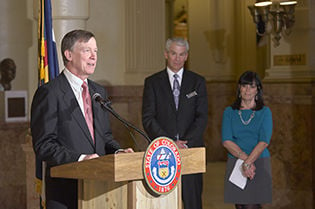
Gov. John Hickenlooper speaks on Mar. 12, honoring Pinnacol Assurance in the west foyer of the State Capitol.Photo Courtesy of Pinnacol
The worker’s comp regimen replaced state-by-state employer liability statutes adopted as long ago as 1855, which authorized injured workers to sue their employers for damages. This system was collapsing beneath delays caused by protracted litigation, while workers and their families suffered without immediate financial assistance. The Colorado program has always been successful and can brag of the 11th lowest premiums in the nation. Reorganized as Pinnacol Assurance in 1999, the program insures 56,000 Colorado businesses covering nearly one million workers. It provides care to employees in 40,000 injury cases each year. Unlike many states, Colorado has never imposed any statutory or regulatory rollback of benefits that reduced care or support for injured employees. Pinnacol attracted attention during the budgetary downturns of the past decade as it holds substantial insurance reserves well in excess of $200 million. Legislators on the JBC considered a raid on these funds, some of which were being held against potential claims extending back more than 25 years.

The proclamation signed by Gov. John Hickenlooper naming March 12 Pinnacol Assurance Day.Photo Courtesy of Pinnacol
The Executive Director, Ken Ross, and board members were treating themselves to lavish travel and other perks and throwing off piles of cash. The board proposed a payoff to the state if they were permitted to privatize Pinnacol through an IPO. The principals appeared primed to award themselves substantial stock holdings and windfall earnings just as would a tech start-up. It took Bill Ritter several years to clean out the board, sack Ross, and hire Phil Kalin as the President and CEO. This is a case where government has proven it can work just like — perhaps even better than — a private business. Disposing of excess reserves raises all kinds of legal questions. Who do they belong to? If returned to employers, they are unlikely to be returned to those who accumulated the reserves in the first place. Returning them to the state general fund is equally problematic. Attempting to negotiate a settlement during an economic downturn was nearly impossible. Both West Virginia and Nevada have spun off their workers comp plans as mutual insurance companies, allowing them to offer additional lines of insurance.
There is still interest in considering such a restructuring under the Gold Dome. It may prove easier in a booming economy when everyone could benefit from a division of the spoils: lowered premiums for members, a cash infusion returned to the state for its initial investment — perhaps earmarked for a specific purpose — and a release to enter new markets for Pinnacol.
None of this, however, came up for discussion at the centennial observance. Instead it was truly an event of recognition for a job well done. Governor Hickenlooper and Ellen Golombek, Executive Director of the State Department of Labor, congratulated Pinnacol, while Phil Kalin pointed to the $364 million dollar contribution made each year to the state’s economy. “That balance between stable rates and fair treatment for injured workers makes Colorado an attractive state for both employers and their employees to locate, live and work,” he observed. Good news all around.


